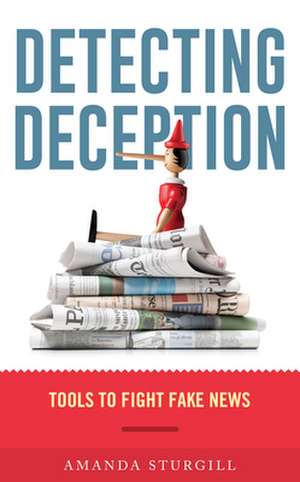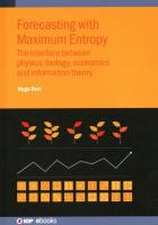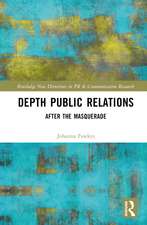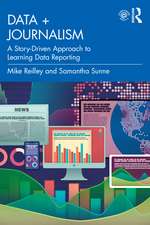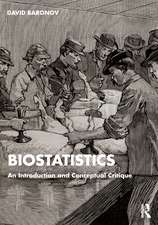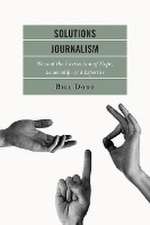DETECTING DECEPTION TOOLS TO
Autor Amanda Sturgillen Limba Engleză Paperback – 19 aug 2020
| Toate formatele și edițiile | Preț | Express |
|---|---|---|
| Paperback (1) | 194.10 lei 6-8 săpt. | |
| Rowman & Littlefield – 19 aug 2020 | 194.10 lei 6-8 săpt. | |
| Hardback (1) | 456.98 lei 6-8 săpt. | |
| Rowman & Littlefield – 18 aug 2020 | 456.98 lei 6-8 săpt. |
Preț: 194.10 lei
Nou
Puncte Express: 291
Preț estimativ în valută:
37.14€ • 38.92$ • 30.70£
37.14€ • 38.92$ • 30.70£
Carte tipărită la comandă
Livrare economică 11-25 aprilie
Preluare comenzi: 021 569.72.76
Specificații
ISBN-13: 9781538141038
ISBN-10: 1538141035
Pagini: 160
Dimensiuni: 152 x 229 x 10 mm
Greutate: 0.23 kg
Editura: Rowman & Littlefield
ISBN-10: 1538141035
Pagini: 160
Dimensiuni: 152 x 229 x 10 mm
Greutate: 0.23 kg
Editura: Rowman & Littlefield
Descriere scurtă
Cuprins
Introduction ¿ An introduction the problem of people trying to mislead the public, followed by a description of techniques for general critical thinking including breaking statements into premises and conclusions.
Things to look for ¿ This will be the majority of the book, consisting of multiple short chapters. Each chapter will describe the issue, explain why it is an issue, offer an example with analysis drawn from existing news stories from a variety of topics and times and then offer an example without analysis for consideration or for instructors to use as an assignment.
Problems with how people think
Arguing about the person instead of the idea (The Ad Hominem)
Arguing against something no one actually said (The Straw Man)
Don¿t be a hypocrite! (Tu Quoque)
Look! Squirrel! ¿ Arguing by distraction (The Red Herring)
There are only two things that could happen (The Black and White)
And you¿ll end up living in a van down by the river¿ (The Slippery Slope)
One rotten apple spoils the barrel (The Fallacy of Fallacies)
Apples to oranges (Faulty Analogies)
Cool. Don¿t care. (Irrelevant Conclusions)
I saw a thing once. (Hasty Generalization)
All the children are above average. (The Division Fallacy)
Great players must make a great band. (The Composition Fallacy)
(Begging The Question)
(No true Scotsman)
Problems with what people say
If you loved me¿ (The Appeal To Pity)
Agree or else (The Appeal to Force)
No one has proved you can¿t, sö (The Appeal To Ignorance)
I¿m not a doctor, but¿ (The Appeal To Authority)
We¿ve always done it this way. (Appeal To Tradition)
A lot of people agree. (The Appeal To Popularity)
The sky is green. (The Big Lie)
Problems with numbers
It¿s a percent of what? (Ignoring The Base Rate)
Spider bites and spelling bees (Correlation Is Not Causation)
Rabbit feet and lucky rocks (Lurking Variables)
The difference that doesn¿t matter (Unnecessary Precision)
It¿s not actually that likely (Naïve Probability)
Bigger isn¿t necessarily better (Lying With Charts)
When a difference isn¿t really a difference (Misinterpreting Polls)
Things to look for ¿ This will be the majority of the book, consisting of multiple short chapters. Each chapter will describe the issue, explain why it is an issue, offer an example with analysis drawn from existing news stories from a variety of topics and times and then offer an example without analysis for consideration or for instructors to use as an assignment.
Problems with how people think
Problems with what people say
Problems with numbers
